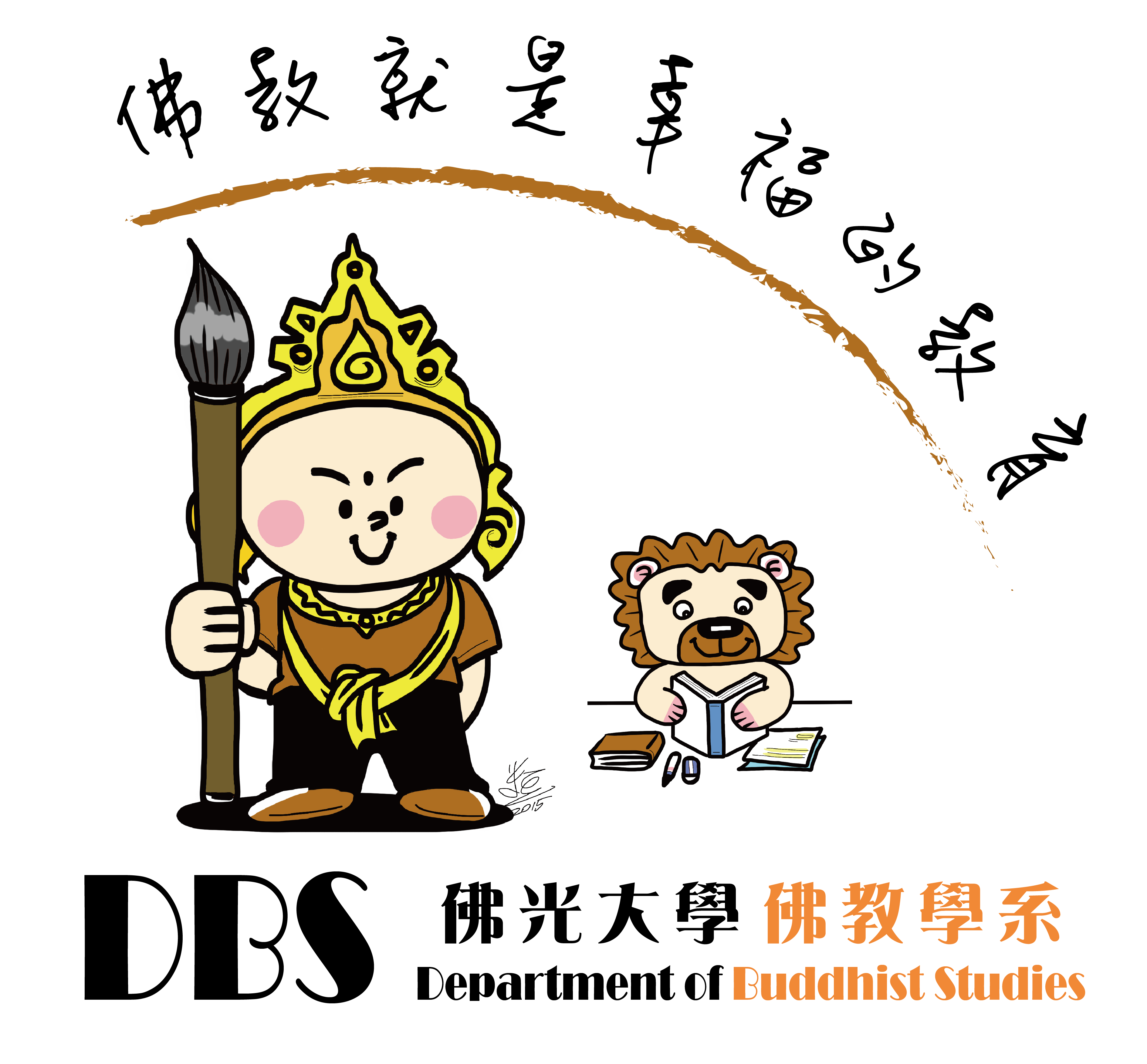Fo Guang University’s Buddhist Studies Research Center held the second lecture of its Buddhist Teaching Workshop on November 19, inviting Prof. Li Sheng-hai, Visiting Associate Professor at National Taiwan University’s Department of Philosophy, to speak on the topic “Madhyamaka Epistemology: Bhāvaviveka’s Inheritance and Modification of Dignāga’s Theories.” The lecture guided attending faculty and students into a deep exploration of the intricate intellectual interplay between two major Indian Buddhist thinkers—Bhāvaviveka of the Madhyamaka tradition and Dignāga, the founder of Buddhist logic (Hetuvidyā).
Prof. Li began by outlining the structure of Madhyamaka epistemology, first reviewing the various attempts within post-Nāgārjuna Indian Buddhism to theorize “epistemic correctness” and pramāṇa. He pointed out that as a representative of the Svātantrika-Madhyamaka, Bhāvaviveka’s mode of argumentation was deeply influenced by Dignāga’s logical innovations. Yet Bhāvaviveka did not adopt Dignāga wholesale; rather, he absorbed Dignāga’s logical framework and further modified it in ways distinctive to the Madhyamaka tradition, thereby giving Madhyamaka argumentation a more rational and methodologically conscious structure.
On the issue of particulars (svalakṣaṇa) and universals (sāmānyalakṣaṇa), Prof. Li explained that Bhāvaviveka largely adopted Dignāga’s fundamental distinction between perception (pratyakṣa) and inference (anumāṇa), while also retaining the Abhidharma tradition’s understanding of particulars and universals. This dual inheritance made his semantic theory more closely aligned with foundational Abhidharma discourse. This creative combination of “two doctrinal lineages” is one of the most representative features of Bhāvaviveka’s epistemology.
In discussing perception (pratyakṣa), Prof. Li noted that Bhāvaviveka accepted Dignāga’s view that perception must be “free from conceptual construction” (nirvikalpaka). However, he employed the Abhidharma classification of vikalpa (conceptualization), arguing that although the five sense consciousnesses possess their own intrinsic discriminative functions, they can still be regarded as non-conceptual perceptions. This interpretation shows that Bhāvaviveka not only adopted Dignāga’s theory but also sought to harmonize it with broader Buddhist philosophical traditions.
A particularly lively point of discussion was Bhāvaviveka’s rejection of reflexive awareness (svasaṃvedana). While Dignāga maintained that consciousness has a self-cognizing function—an integral component of the result (phala) of valid cognition—Bhāvaviveka rejected this idea in his Madhyamakahṛdayakārikā, drawing on the tradition of Nāgārjuna’s Vigrahavyāvartanī to argue that “consciousness cannot turn back on itself to know itself,” thereby challenging one of the central doctrines of Yogācāra. Prof. Li emphasized that Bhāvaviveka’s rejection of svasaṃvedana was not merely an epistemological stance but was deeply tied to his metaphysical critique of Yogācāra.
On the issue of pramāṇa and its result (pramāṇaphala), Bhāvaviveka adopted Dignāga’s first interpretation—that valid cognition is a cognitive event “arising with the image of the object,” and is itself a result. Prof. Li highlighted how Bhāvaviveka employed the rhetorical strategy of double meaning (śleṣa) to make the distinction between pramāṇa and pramāṇaphala more flexible while still preserving the logical rigor of Dignāga’s framework.
In conclusion, Prof. Li summarized that Bhāvaviveka’s epistemology was neither a simple continuation of Dignāga nor a wholesale critique. Rather, it was a creative reinterpretation marked by critical assimilation and transformative development. Bhāvaviveka redefined key concepts such as particulars, universals, conceptualization, and the result of valid cognition, giving Madhyamaka argumentation greater philosophical depth and paving the way for later thinkers such as Śāntarakṣita and Kamalaśīla to develop even more refined epistemological systems.
The lecture was both rigorous and engaging, combining textual analysis with philosophical insight. Participants expressed that they gained much from the session and deepened their understanding of the development of Indian Buddhist epistemology. The Buddhist Studies Research Center will continue to host related lectures and welcomes more faculty and students to join.




 College and Department of Buddhist Studies, FGU
College and Department of Buddhist Studies, FGU